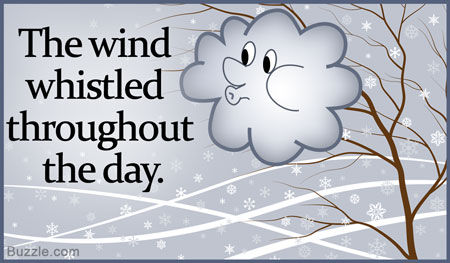

In class today:
1. Hamlet 2 vocabulary quiz
2. new vocabulary Hamlet 3 quiz on Friday, September 29 (class handout / copy below)
3. Figurative Language Handout (copy below)
Learning standards:
I can determine the meaning of words and phrases as they are used in the text, including figurative and connotative meanings; analyze the impact of specific word choices on meaning and tone, including words with multiple meanings or language that is particularly fresh, engaging, or beautiful (include Shakespeare as well as other authors).
Essential question: How does figurative language enrich a text?
FORMS OF FIGURATIVE LANGUAGE
Simile
A comparison of two things, as indicated by a connective such as “like” or “as.”
Examples:
“Cool as a cucumber”
“My love is like a red, red rose”
“Life is like a box of chocolates”
Metaphor
A figure of speech in which we talk about something as though it were something else.
Examples:
“Love is a battlefield”
“All the world’s a stage”
“It was a piece of cake”
Personification
Giving human characteristics to animals or objects to create imagery.
Examples:
“The lightning roared angrily”
“The bell refused to ring”
“The rain came hesitatingly at first”
Onomatopoeia
A word that sounds like what it refers to.
Examples:
“Cough” “Yelp” “Roar” “Chirp”
Oxymoron
A form of figurative language relying on a contradiction to make a point.
Examples:
“Deafening silence”
“Open secret”
Synecdoche
The use of a significant part of a thing to stand for the whole of it or vice versa.
Examples:
To say “wheels” for car or “rhyme” for poetry are examples of synecdoche.
Practice exercises:
Name____________________________________________
Class Period_______________________________________
Word Bank
simile, metaphor, personification, onomatopoeia, oxymoron, synecdoche
Identify the figurative language device being used in the following.
1. You’re as cold as ice. ________________________________________________________
2. I really like your new wheels. __________________________________________________
3. There’s a lonely little tree at the end of my street.___________________________________
4. The song’s stuck in my head because the hook is just so catchy._______________________
5. The wind whistled through the trees._____________________________________________
6. That bowl of ice cream is tempting me. ___________________________________________
7. She’s got hair of spun gold.____________________________________________________
8. The sudden fluttering of the bluebird’s wings startled me._____________________________
9. Without my glasses, I’m blind as a bat.___________________________________________
10. I’m listening to the sound of silence. ____________________________________________
11. The sign on the truck says “liquid gas.”__________________________________________
12. If you want to come to the fundraising dinner, it’s $50 a plate._________________________
13. The children splashed around in the pool.________________________________________
14. I woke up feeling fresh as a daisy.______________________________________________
15. Please say excuse me when you belch. _________________________________________
Hamlet vocabulary 3 by William Shakespeare Vocabulary Quiz Friday,
September 29
The quiz will be 10 matching and 10 contextual sentences
1. calamity- (noun) a great misfortune or disaster
2. heir- (noun) a person who inherits or has right of inheritance in the property of another following the latter’s death.
3. To confine- (verb) to shut or keep in
4. commencement- (noun) beginning, start
5. hypocrite- (noun) a person who pretends to have virtues, principles
6. virtue- (noun) goodness
7. to deprive-(verb) took away
8. to harrow-(verb) distresses the mind or feelings
9. imminent- (adjective) likely to occur at any moment
10. incentive- (noun) something that encourages a person to do something or to work harder
The quiz will be 10 matching and 10 contextual sentences
1. calamity- (noun) a great misfortune or disaster
2. heir- (noun) a person who inherits or has right of inheritance in the property of another following the latter’s death.
3. To confine- (verb) to shut or keep in
4. commencement- (noun) beginning, start
5. hypocrite- (noun) a person who pretends to have virtues, principles
6. virtue- (noun) goodness
7. to deprive-(verb) took away
8. to harrow-(verb) distresses the mind or feelings
9. imminent- (adjective) likely to occur at any moment
10. incentive- (noun) something that encourages a person to do something or to work harder



No comments:
Post a Comment